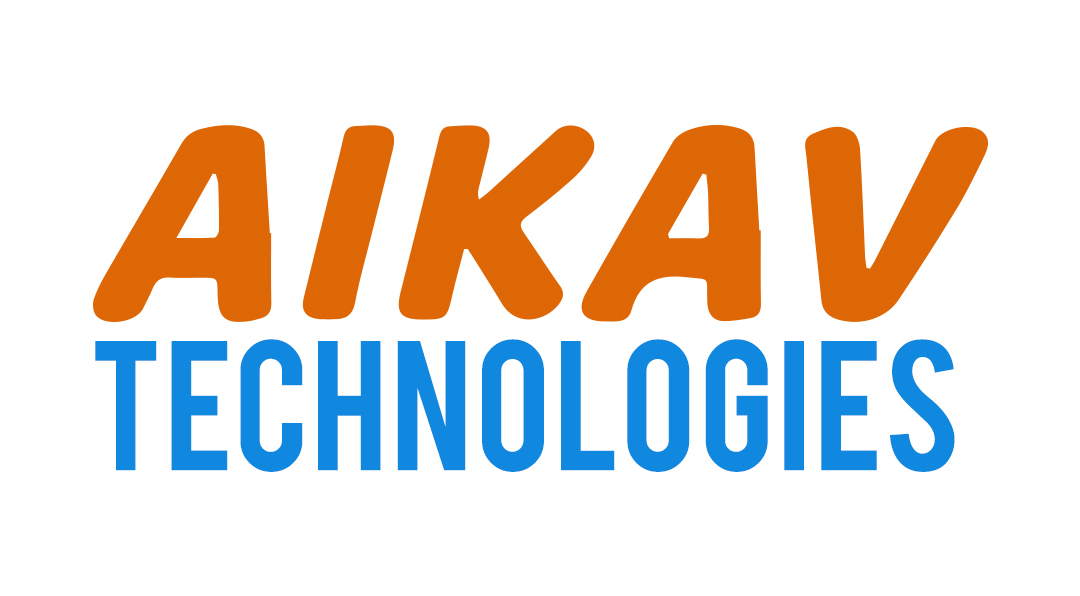
Your Drupal site might look perfect on the surface — fast, functional, and full of great content. But behind the scenes, security threats are always evolving. From brute-force attacks to database injections, hackers constantly probe for weak spots. The good news? Drupal’s strong community has built powerful security modules that keep your site safe.
Below are the 10 most essential Drupal security modules you should install now — not later.
1. Security Kit (SecKit)
Purpose: Prevents common web vulnerabilities like XSS, CSRF, and clickjacking.
Why You Need It: Security Kit adds HTTP response headers that strengthen your site’s protection against browser-based attacks. You can configure strict Content Security Policies (CSP) and frame-options with ease.
Bonus Tip: Ideal for sites handling user-generated content or embedded third-party media.
2. Login Security
Purpose: Protects your user login form from brute-force attacks.
Why You Need It: You can limit failed login attempts, block suspicious IPs, and monitor unauthorized login activity.
Bonus Tip: Combine with the Flood Control module for even tighter access control.
3. Captcha / reCAPTCHA
Purpose: Blocks automated spam bots from abusing forms.
Why You Need It: CAPTCHA adds human verification (like Google reCAPTCHA v3), preventing bots from creating fake accounts or posting spam.
Bonus Tip: Use “Invisible reCAPTCHA” for a seamless user experience.
4. Two-Factor Authentication (TFA)
Purpose: Adds an extra layer of security beyond passwords
Why You Need It: Even if your password is compromised, TFA ensures no one logs in without the secondary verification code (via app, SMS, or email).
Bonus Tip: Integrate with the Google Authenticator module for easy setup.
5. Password Policy
Purpose: Enforces strong password creation rules for users.
Why You Need It: Weak passwords are one of the top causes of site breaches. This module lets you define complexity rules, expiration, and reuse limits.
Bonus Tip: Use it site-wide for all roles, including administrators.
6. Content Access
Purpose: Controls who can view, edit, or delete specific content.
Why You Need It: Granular content permissions prevent unauthorized access or accidental data leaks.
Bonus Tip: Perfect for membership or multi-author websites.
7. Paranoia
Purpose: Reduces the risk of privilege escalation.
Why You Need It: Paranoia removes potentially dangerous permissions and ensures modules can’t execute PHP or modify critical configurations.
Bonus Tip: Excellent for enterprise or government websites.
8. Security Review
Purpose: Scans your Drupal site for known security risks.
Why You Need It: This module audits file permissions, database settings, and configuration weaknesses — then gives clear reports and fixes.
Bonus Tip: Run it regularly or after major updates.
9. Automated Logout
Purpose: Automatically logs out idle users.
Why You Need It: Prevents unauthorized access when users forget to log out — especially on shared or public computers.
Bonus Tip: Configure custom timeout periods for different user roles.
10. Update Manager
Purpose: Keeps your Drupal core and contributed modules up to date.
Why You Need It: Most hacked sites run outdated software. Update Manager notifies admins about new releases and critical patches.
Bonus Tip: Combine with Drush for quick command-line updates.
🚀 Bonus Tip: Use HTTPS Everywhere
Even with all these modules, no site is truly secure without HTTPS. Make sure your SSL certificate is properly installed and renewed. You can use the Secure Pages module to force HTTPS on all pages.
⚙️ How to Stay Ahead of Threats
Regularly review user permissions — especially “admin” roles.
Schedule security audits monthly or quarterly.
Keep core and modules updated immediately after security advisories.
Backup daily and test your restore process.
Monitor logs using the Watchdog or Syslog module.
🧩 Final Thoughts
Security is not a one-time setup — it’s an ongoing commitment. Drupal gives you the tools to build a fortress around your website, but it’s up to you to use them.
Don’t wait for a security breach to take action. Install these modules today and stay one step ahead of attackers.
✅ Need Help Securing Your Drupal Website?
Our Drupal experts at Aikav Technologies can help you audit, secure, and optimize your website for maximum protection.
👉 Contact us today for a free security consultation! Contact
